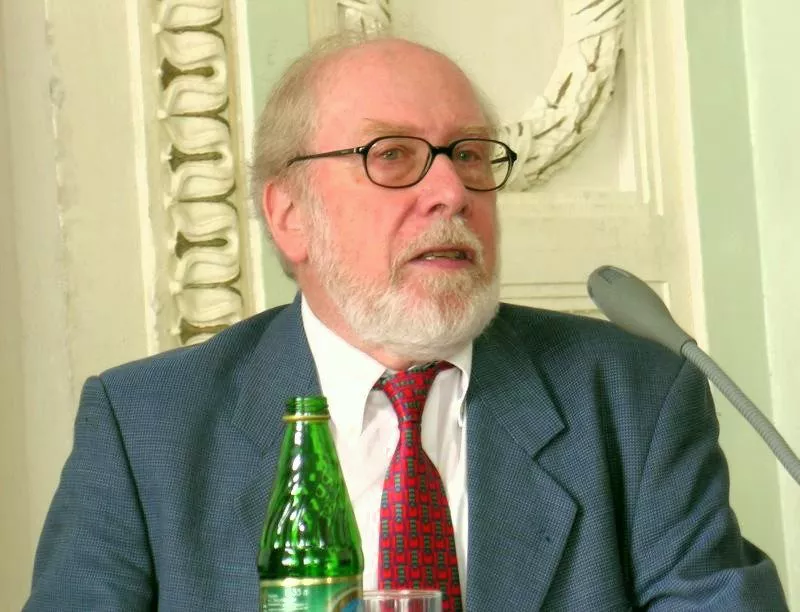At the beginning of 2024 the world of IT says goodbye to Niklaus Wirth, a pioneer in the field of programming languages. Born in 1934 in Winterthur, Switzerland, his multi-year career is characterized by significant contributions that have shaped the way we think about and write software.
Wirth’s work immediately showed itself to be focused on code simplification and on the promotion of solutions that simplified programming activities. In the mid-1960s, the computer expert focused on ALGOL W, a variant of the ALGOL 60 language that included improvements and facilitations. ALGOLacronym for Algorithmic Languageis a family of programming languages that developed 65 years ago.
ALGOL 60, the most influential version standardized in 1960, introduced important concepts such as nested blocks, recursion, data type declaration, output parameters, and standard input/output. All concepts that have had a significant impact on the development of subsequent programming languages.
Niklaus Wirth’s “pearl”: the Pascal language
Precisely at the beginning of December 2023 we remembered the 40 years of Turbo Pascal, a language that older readers have certainly used in the past during their scholastic or academic careers. Introduced in 1970, Pascal it is the parent of Turbo Pascal (the latter developed under the wing of Borland and considered the progenitor of solutions like Delphi…).
Pascal was the work of Niklaus Wirth who managed to devise a reliable language, mainly for educational purposes. Launched in 1971, Pascal had a clear structure it’s a syntax well defined, introduced rigorous management of data types (each variable must be declared with a corresponding type before use), the use of procedures and functions, strings, records, exceptions, I/O ( input-output). With Pascal the code became more modularsupporting recursion even more robustly.
The Pascal language did not have its own integrated development environment (IDE) nor an optimized compiler: Wirth, however, planted that precious seed that gave a decisive push to the computer segment software development.
Subsequently to Pascal, Wirth developed Module-2 (1978), a language that aimed to further improve the modularity and security of code. He continued his search with Oberon (1987), an even more streamlined and efficient language. In addition to designing programming languages, Wirth has also contributed tocomputer architecture. He designed the macchina Lilitha computer designed to support the efficient implementation of its languages.
Established in 1966, the Premio Turing it is universally considered the “Nobel of information technology”. Wirth obtained the prestigious recognition in 1984: just think that, alongside his name, those of prominent personalities such as Alan Turing, Donald Knuth, Vinton Cerf, Tim Berners-Lee and many others stand out.
The legacy Wirth leaves behind is deeply rooted in the programming languages he created and the ideas he vigorously promoted. The emphasis on clarity and code readability, its modularity and efficiency has influenced entire generations of programmers. The Swiss computer scientist goes down in history as a fundamental figure in the evolution of information technology and in the teaching of the discipline.

